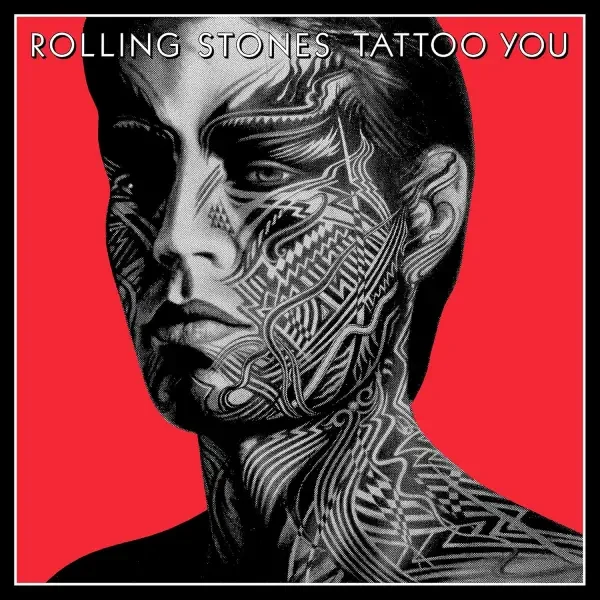The Rolling Stones
– Tattoo You
Tattoo You was a patchwork—leftovers from sessions spanning most of the ‘70s, duct-taped together while the Stones dodged lawsuits and mended wounds. But somehow, Tattoo You doesn’t sound like scraps. It sounds like a band that’s burned through its myth and decided to lean in anyway, teeth bared and tongue out.

The first half hits like a brick wall of denim and sweat. Keith’s riffs slash and strut, all grit and grind, while Mick yelps, struts, and spins tales of late-night tension and rock-and-roll as survival sport. It’s got a slick edge but never feels polished—more like a barfight in a five-star hotel. Side two flips the script, slinking into moodier territory. These aren’t ballads for swooning; they’re for staggering through the wreckage at 3 a.m., wondering where your lighter went.
What gives Tattoo You its staying power isn’t nostalgia or image. It’s feel. There’s something primal in the stomp of it all—raw nerves wrapped in leather, jagged with age, but still pulsing. Even when they’re recycling their own tricks, the Stones pull it off because they know how to make excess sound alive.
Choice Tracks
Start Me Up
This is the kind of riff they could play in their sleep—and maybe they did. But it doesn’t matter. It’s filthy, tight, and impossible not to move to. Jagger makes nonsense sound like prophecy. Rock radio has never recovered.
Hang Fire
Short, bratty, and sharp. Keith grinds out a pub-rock bounce while Mick spits cynical verses about stalled lives and class frustration with just enough smirk to keep it catchy. Less anthem, more eye-roll, and all the better for it.
Little T&A
Keith takes the mic and turns in a grinning, grimy ode to physical needs and low-stakes disaster. His voice cracks, mumbles, and slurs—but it charms because it’s real. The groove swings like a drunk uncle at a wedding.
Waiting on a Friend
This one floats. A song that dodges sex, swagger, and fire for something gentler—companionship without drama. The sax solo by Sonny Rollins is the secret weapon here, giving the track warmth and weight without turning to mush.
Tattoo You may be stitched together from leftovers, but it kicks harder than most planned albums. Loud, sly, and strangely heartfelt, it proves the Stones could still hit hard even when coasting—because even their scraps bleed swagger.

